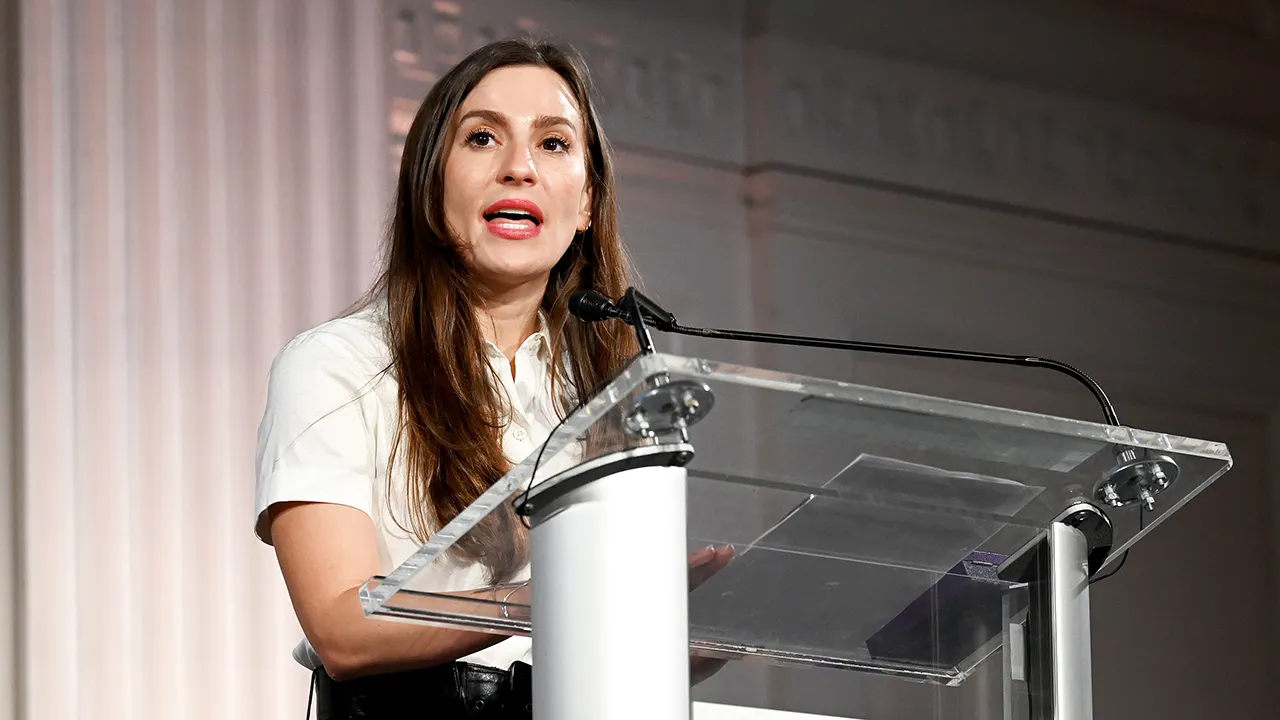Efforts to enact a federal law guaranteeing abortion rights nationwide in Canada would likely backfire, experts say, just as a similar effort died in the United States Senate this week.
“Canada and U.S. are in very different situations,” Joyce Arthur, executive director of the Abortion Rights Coalition of Canada, told Global News.
In the U.S., abortion was declared a constitutional right through the 1973 decision in the Roe v Wade case. Meanwhile in Canada, abortion was decriminalized in 1988 by the Supreme Court in the case of R v Morgentaler.
Both decisions created very different paths for the neighbouring countries and how they protect reproductive rights.
“We don’t have an abortion law in Canada and we also don’t have a law regulating heart surgery or an appendectomy,” said Arthur.
“We don’t need laws regulating health care procedures. We have the Canadian Charter of Rights and Freedoms that protects people’s bodily autonomy and their life and their liberty and conscience rights, all which come into play for the right to abortion as the Morgentaler decision found.”
Read more:
U.S. Senate fails to pass abortion rights bill, leaving future of Roe v. Wade bleak
Although Canada chose not to put forward criminal law on the matter — allowing abortion to be treated like any other medical procedure — the U.S. legalization decision allowed for states across the country to create their own rules, restricting access for some.
Even though abortion is still currently legal, 13 states would enact so-called “trigger laws” that would ban abortions almost immediately, if the United States were to overturn Roe v Wade — a likely possibility after a draft opinion from the Supreme Court was leaked.
Six more states have abortion ban laws on the books that predate Roe, and would likely also come into effect once the court rules.
Only one of those states, Michigan, is actively working to strike down their older law.
“Even if you have a good law passed, it could still be subject to interference and attack on an ongoing basis in years to come,” said Arthur, noting the tensions over abortion across the border.
“We actually don’t want a law in Canada because we have this broad right that guarantees access to abortion,” she added.

If Canada were to give more control to its provinces over abortion, the country would likely see a divide that mimics the States, according to Sonia Lawrence, professor at York University’s Osgoode Hall Law School.
“We would see differences between provinces and we would see really different kinds of political fights, particularly in some of the more conservative provinces,” Lawrence told Global News.
Although abortion is decriminalized in Canada, access can still be difficult and pregnant people are regularly referred to the U.S. for more complex abortions they cannot get here.
A pro-choice counter-protester holds a sign on the sidelines of the pro-life National March for Life in Ottawa, Ontario, on May 12, 2022. – The protest comes amid a political firestorm in the United States ignited by a leaked draft opinion that showed the Supreme Court’s conservative majority preparing to overturn Roe v. Wade, a landmark 1973 ruling guaranteeing abortion access nationwide.
(Photo by LARS HAGBERG/AFP via Getty Images)
“The legal status of abortion is only one part of the picture in terms of the factors that contribute to how accessible abortion or how safe abortion is. And in that sense, when we’re talking about the status of abortion in a given country, it’s not just about the legislative status,” Lara Cousins, women’s rights specialist in sexual and reproductive rights at Oxfam Canada, told Global News.
“The access issue is one that we really need to be doing a lot better on and one in which we still have a far way to go just because we’ve fallen short in terms of really addressing the geographical barriers in relation to abortion access and the funding in relation to abortion access,” she said.
Cousins pointed to provinces like Alberta, Saskatchewan, Manitoba and Ontario, where many abortion providers are located in urban centres while 35 to 40 per cent of the population live in rural communities, according to Action Canada for Sexual Health and Rights.
Knowing there’s more the government can do, the Abortion Rights Coalition of Canada has started a petition that has garnered over 10,000 signatures, according to Arthur.
“It’s basically for the Liberals to step up and fulfill the promises that they made during the last election campaign and then their platform in their budget last year,” she said.
On Wednesday, the Liberal government said it’s giving $3.5 million for two projects to help improve access to abortion services in Canada.
Read more:
Canada pledges $3.5M for abortion access, training providers amid Roe v. Wade fallout
The funding stems from a year-old budget pledge to spend $45 million over three years to help organizations make sexual and reproductive information and services more available.
“In 2022, in this country, sexual and reproductive rights are human rights, plain and simple,” said Health Minister Jean-Yves Duclos at a press conference.
“The situation now ongoing in the United States does remind us that we cannot take our rights for granted.”
“I am pleased to be able to repeat once again that our government is unequivocal that women have the freedom to choose and we will do everything we can to ensure that that’s not a freedom that can be rolled back by any future government,” said Prime Minister Justin Trudeau on Thursday.
Ontario, the nation’s most populated province, has the most abortion clinics in the country for a total of 23, according to the Abortion Rights Coalition of Canada.
Quebec has 12, Alberta and Manitoba have three, British Columbia has eight, New Brunswick and Saskatchewan have five and the other provinces and territories have four or fewer abortion clinics.
— with files from Sean Boynton
© 2022 Global News, a division of Corus Entertainment Inc.























Discussion about this post